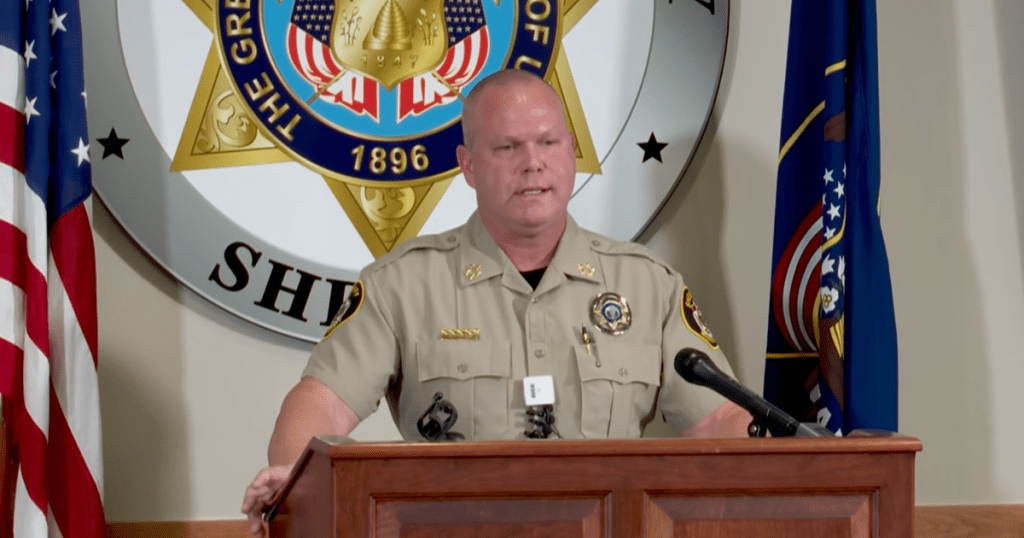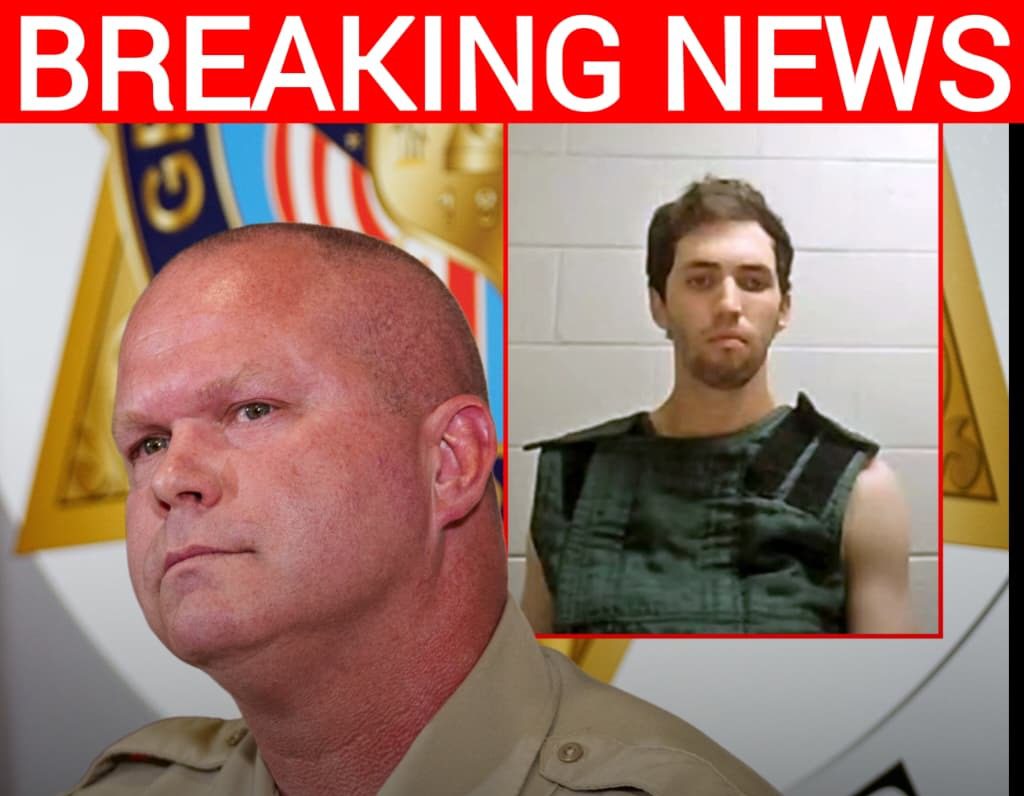Utah Sheriff Reveals Charlie Kirk’s Alleged Assassin Tyler Robinson Negotiated a “Gentle” Surrender Out of Fear of Being Shot
When news broke that Charlie Kirk had been killed at Utah Valley University, the shock reverberated across the country. What began as a Turning Point USA event on campus quickly turned into tragedy when a single rooftop shot ended the life of a prominent conservative voice. For days, the questions were endless: who was responsible, why it happened, and how the suspect would eventually be caught. Now, with more details emerging from law enforcement, a clearer picture of Tyler James Robinson, the 22-year-old accused of assassinating Kirk, is coming into focus.

According to Washington County Sheriff Nate Brooksby, Robinson seemed to know from the start that he would not escape capture. After the 33-hour manhunt that followed the shooting, Robinson reportedly feared a violent confrontation with police if a SWAT team stormed his home. The sheriff revealed that Robinson asked for what he called a “peaceful, gentle surrender,” worried that officers might shoot him if the situation escalated. In an unusual decision, Brooksby agreed to those terms in order to secure Robinson’s safe arrest.

Sheriff Brooksby later explained that Robinson’s parents played an important role in persuading him not to harm himself. Authorities said Robinson was struggling with suicidal thoughts during the standoff period, and his family’s intervention became critical in bringing him in alive. It was not the dramatic takedown many expected, but rather a quiet walk into custody under conditions that were meant to prevent bloodshed. The phrase “gentle surrender” has since sparked conversation, highlighting the delicate balance law enforcement sometimes faces between ensuring public safety and protecting a suspect’s life.

Robinson is now formally charged with aggravated murder and several additional crimes, including obstruction of justice, witness tampering, and felony discharge of a firearm. Prosecutors have already said they will seek the death penalty. Investigators claim that Robinson left a note at his home which said, “I had the opportunity to take out Charlie Kirk and I’m going to take it.” DNA evidence has also reportedly tied him to the weapon used in the crime. While these details strengthen the case against him, questions about motive still hang over the story. Reports suggest Robinson’s political beliefs had shifted in recent years, but authorities have not yet provided a full explanation of what drove him to such a violent act.

The killing itself has raised difficult emotions nationwide. For supporters of Charlie Kirk, it was a devastating loss and a direct attack on someone they saw as a powerful voice for their values. For critics of political violence in general, it was another reminder of how dangerous polarization has become in American life. And for many who have followed Robinson’s arrest, the account of his surrender is unsettling. The word “gentle” stands out in a case that otherwise reads as harsh and unforgiving, and it has become a focal point in debates about policing, mental health, and fairness.
In the end, the story is one of contradictions. A man accused of a ruthless, calculated murder feared a SWAT raid and begged for mercy. A sheriff agreed to unusual terms to avoid more bloodshed. Parents convinced their son to live when he had already ended another life. And now, the justice system must decide Robinson’s fate. For those watching from the outside, it is a tragic reminder that the line between violence and vulnerability is sometimes impossibly thin.



